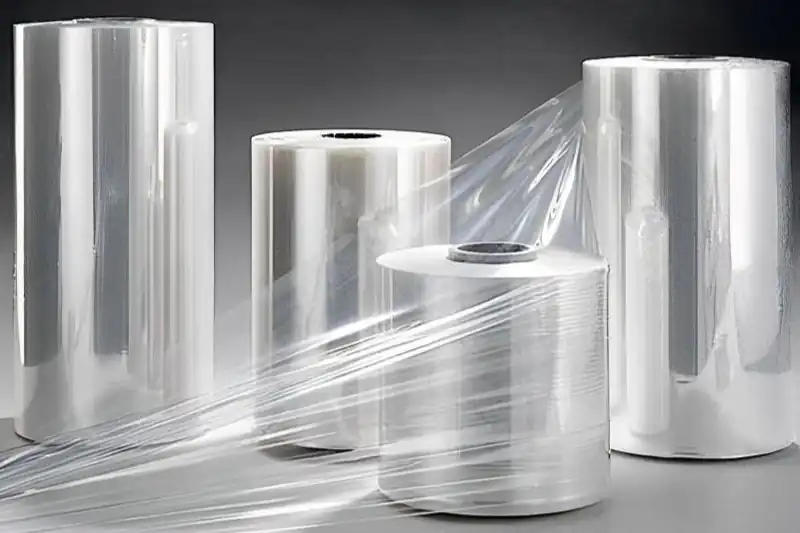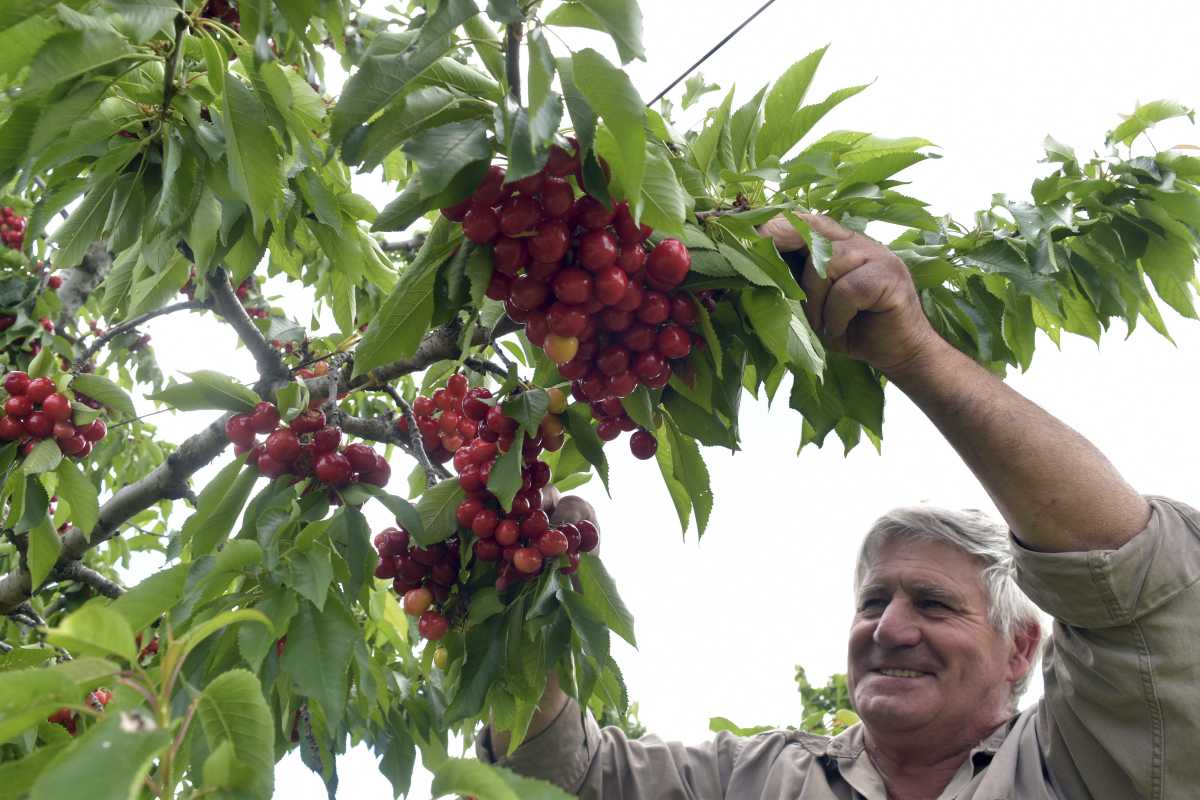The future of cherry production looks increasingly sustainable, promising optimal yields and superior quality. A study conducted in cooperation between the Plant Protection Consortium of Modena, theUniversity of Bologna and the Consortium of the Vignola Cherry PGI has provided preliminary data outlining a new direction for the sector.
During the annual meeting of the Consortium of the Vignola Cherry PGI, the preliminary results of an ongoing study focusing on the integrated management of the cherry tree were presented. The president and director of the Consortium, together with the councillor for Agriculture of the Emilia-Romagna Region and the researchers involved, highlighted the importance of tackling phytosanitary challenges in an innovative way.
The project, now in its fourth year, focuses on defence against the fruit midge Drosophila suzukii and fruit cracking, two crucial problems for cherry production. The use of multifunctional nets and low-impact insecticide solutions, such as the Attract & Kill technique, was tested in cooperation with the Laimburg Research Institute. This integrated approach is combined with territorial biological control measures to favour biodiversity and the balance of agro-ecosystems.
The first encouraging results show that the Attract & Kill strategy , combined with multifunctional nets, has significantly reduced the use of insecticides, while providing effective protection. Although it is still too early to talk about large-scale organic-only production, the path taken promises a significant reduction in defence interventions, with economic and environmental benefits.
The research programme continues in 2024 with the expansion of the Vignola experimental field and the continuation of experiments on territorial biological control. It is proving that the integration of complementary techniques can guarantee effective and sustainable protection for cherry production.
During the assembly, the councillor for Agriculture of the Emilia-Romagna Region emphasised the importance of ensuring reciprocity and simultaneity in phytosanitary decisions at the European level, so that producers have viable alternatives and environmental standards are uniform for imported products.
Read the full article: Terra e Vita
Image: Terra e Vita
Cherry Times - All rights reserved










